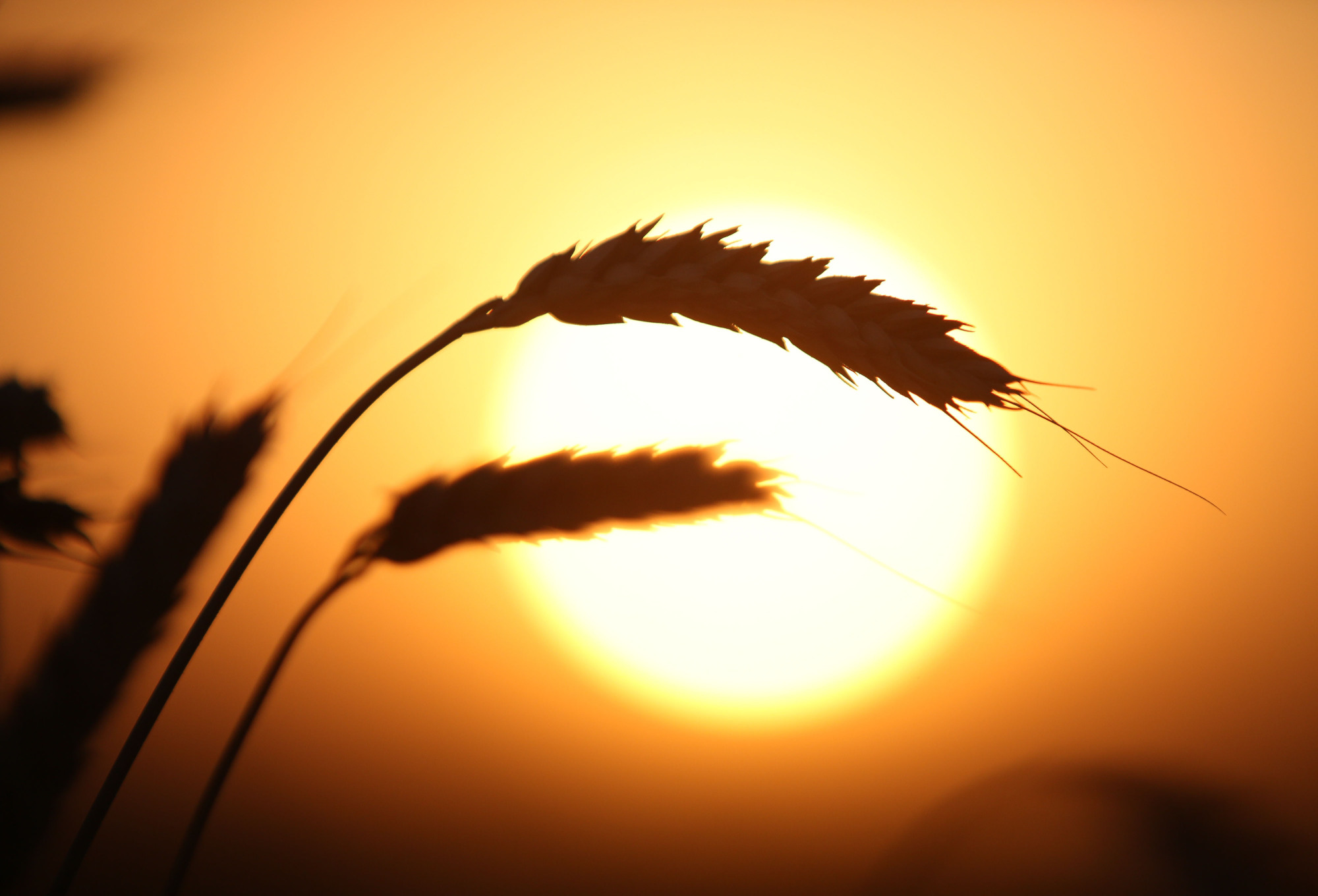Russia is often seen as a country that produces little that the world wants except energy commodities. The oil export dependence looks like a major time bomb under the country's future, given the current focus in the West and in China on reducing the use of hydrocarbon fuels. By an ironic quirk, however, Russia appears to be benefiting from the climate change its energy resources are helping to fuel: Its prospects as the world's biggest wheat exporter and a grain superpower are bright, not least because of the rise in global temperatures.
In the last marketing year, which ran from July 2016 through June 2017, Russia exported 27.8 million metric tons of wheat, more than the entire European Union, to claim first place in the world for the first time since the EU has been counted as a unit. In the current marketing year, the U.S. Department of Agriculture predicts, Russia will export 31.5 million metric tons, increasing its global lead; it's already facing infrastructure constraints because of the fast growth. It's also a leading exporter of corn, barley and oats. Along with Ukraine and Kazakhstan, it's part of the force increasingly shaping global grain markets — RUK, as it is known to market experts.
Alexander Tkachev, Russia's agriculture minister, has repeatedly said that he sees grain eventually displacing oil as the country's biggest export revenue source. That's not a view the Kremlin likes to entertain — it would rather hope for a technology boom — but Tkachev's prophecy may be more realistic for a number of reasons.



